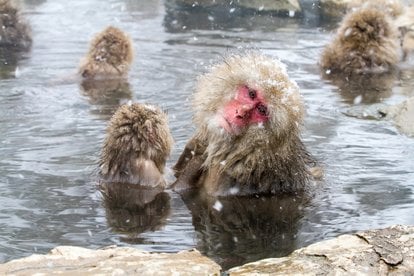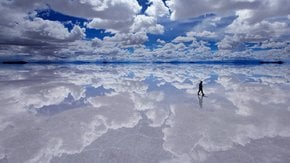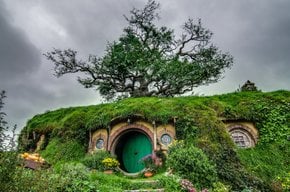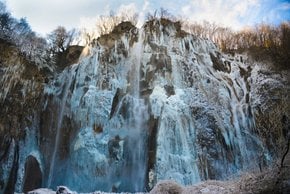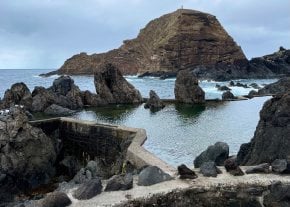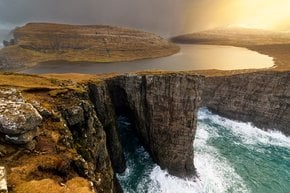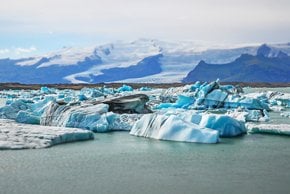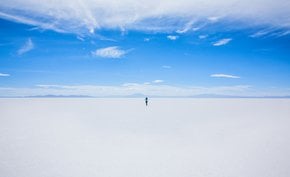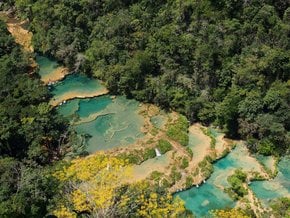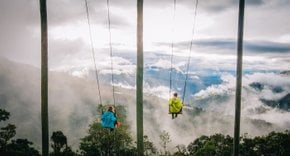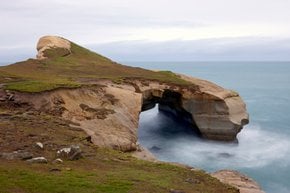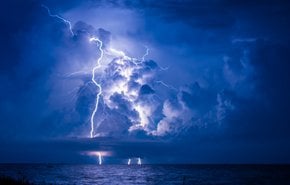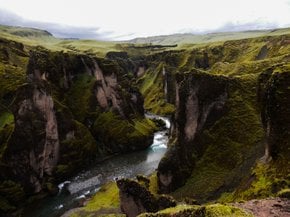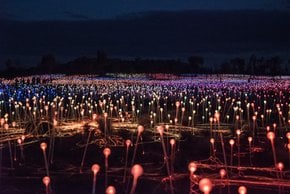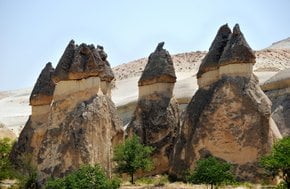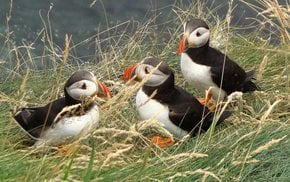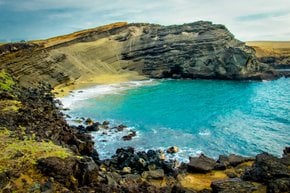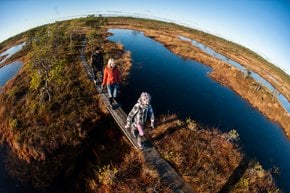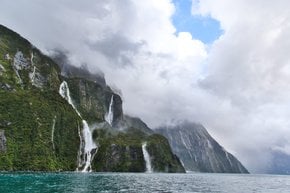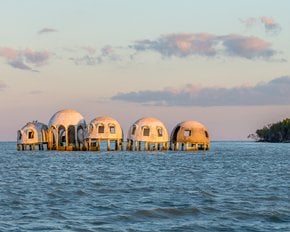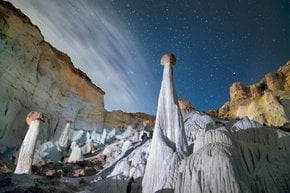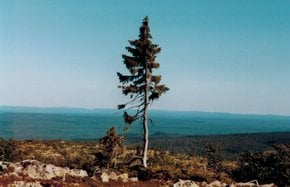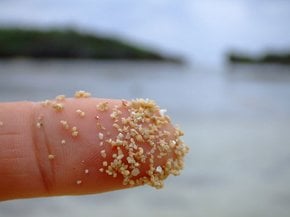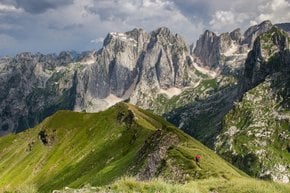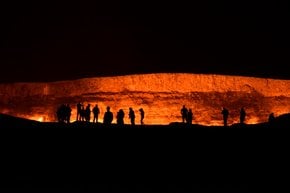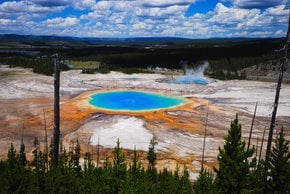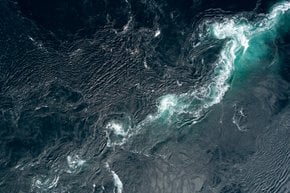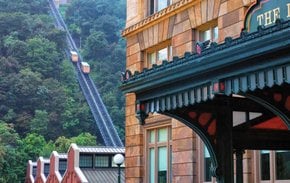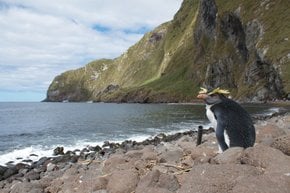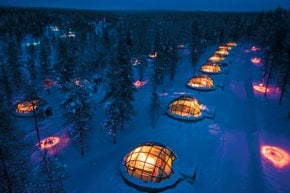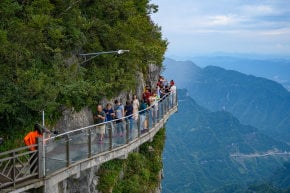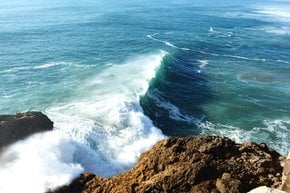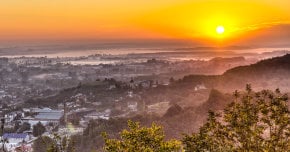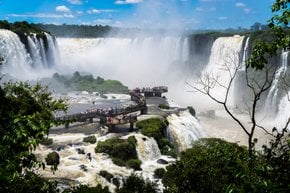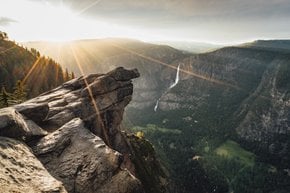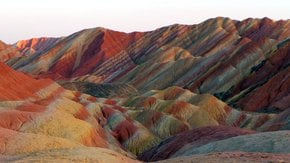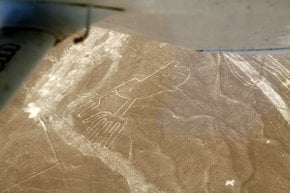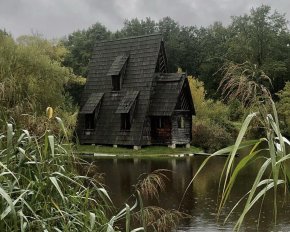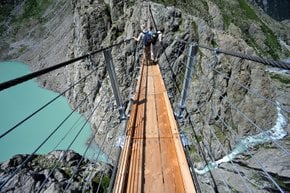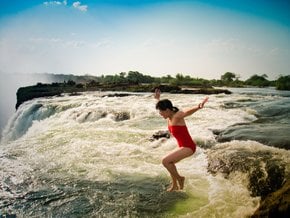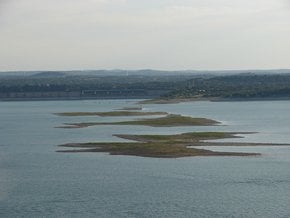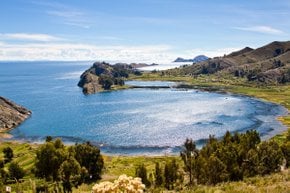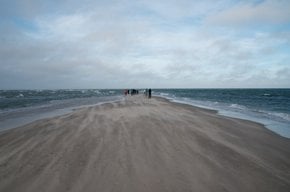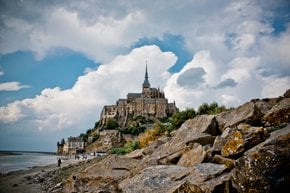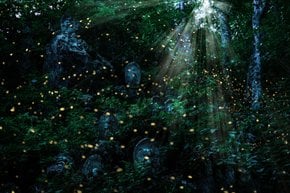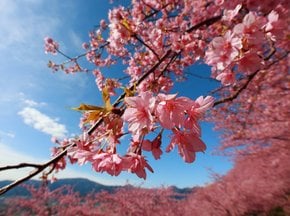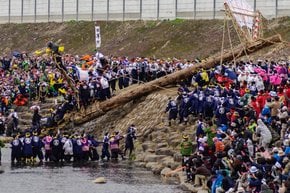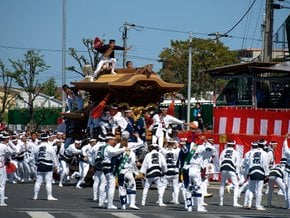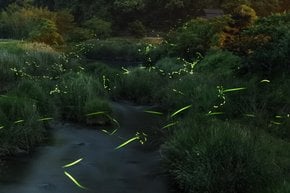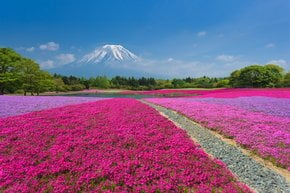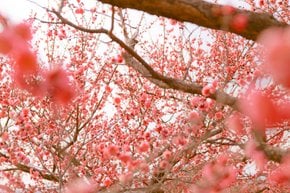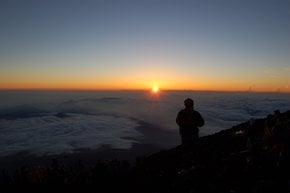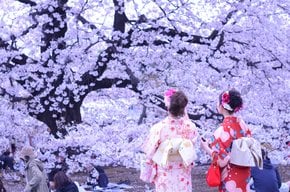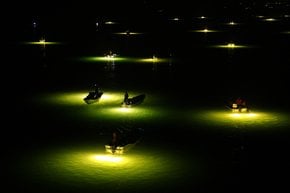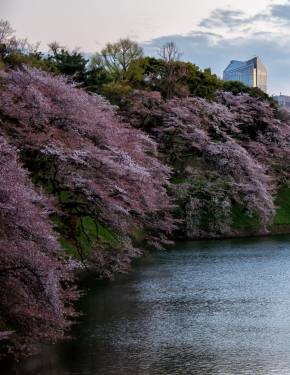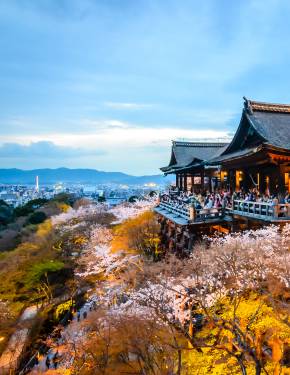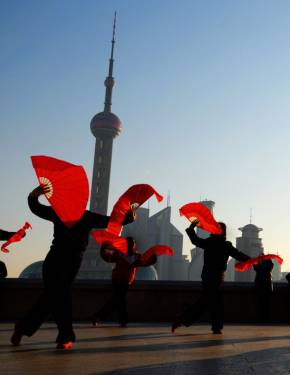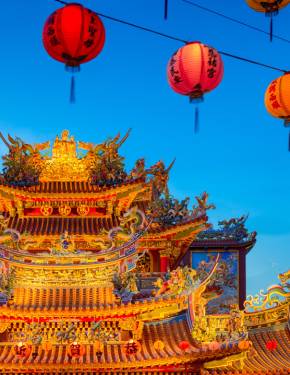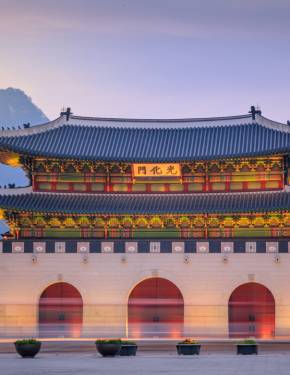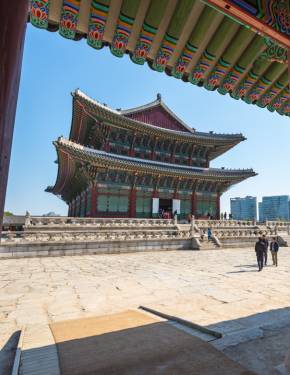Snow Monkeys in Japan 2025-2026
Visit one of Japan's 'hell valleys' to see snow monkeys playing and bathing in hot springs
Best time: December–March
Jigokudani Monkey Park, located in the mountainous region of Yamanouchi, Nagano Prefecture, offers a unique opportunity to observe Japanese macaques, commonly known as snow monkeys, in their natural habitat. Famous for their habit of bathing in natural hot springs during the winter months, these monkeys have captivated visitors from around the world.
What to Expect at Jigokudani Monkey Park
The park is home to Japanese macaques that live in the surrounding forests and mountains. Unlike many wild animals, these monkeys are accustomed to human presence, allowing visitors to observe their behavior up close. A highlight is watching them soak in a man-made hot spring, especially during the snowy months. Visitors can also explore the forested trails leading to the park, providing a scenic experience.
Best Time to Visit
The snow monkeys are most photogenic from December to March, when the region is blanketed in snow. January and February offer the highest chance of witnessing the monkeys bathing, as they retreat to the hot springs to stay warm during the coldest months. Although the park is open year-round, the atmosphere differs during warmer seasons, when the monkeys are less likely to gather in the hot springs.
For updated forecasts of monkey activity, such as their predicted arrival and departure times, visitors can check the official park website.
Getting There
Jigokudani Monkey Park is accessible via two primary routes. One option is the Forest Trail, a 25-40 minute walk from the Snow Monkey Park bus stop, which is served by buses from Nagano Station, Yudanaka Station, and Shibu Onsen. This trail is open year-round, though sturdy footwear is recommended, especially in winter. The second option is Parking Lot Access, a 10-15 minute walk from a nearby paid parking lot west of the park. However, this road is not serviced by public transportation and is closed during winter. Nearby towns like Shibu and Yudanaka Onsen offer accommodations and hot springs, making them ideal bases for visitors.
Hours and Admission
The Jigokudani Monkey Park operates with seasonal hours. During winter (November 1 – March 31), the park is open from 9 am to 4 pm. Visitors must enter by 3:30 pm and plan to leave by 4 pm, as there is no lighting in the area. Admission is 800 yen per person, with no additional charges for parking.
Snow Monkey Pass
For those traveling by public transport, the Snow Monkey Pass offers excellent value and broadens the range of places to visit. Available from Nagano Dentetsu, or Nagaden, the pass is sold at various stations along the Nagaden railway line, except during October and November. The pass, valid for two days, includes admission to Jigokudani Monkey Park, unlimited use of Nagaden's limited express and local train services, and unlimited travel on Nagaden Express and Local Buses to and from the monkey park. Priced at JPY 4,000 for adults and JPY 2,000 for children aged 6-12, the pass also allows children under six to travel and enter the park for free. Passes can be purchased in person at specified stations or online, with in-person redemption at Nagano Station.
Guided Tours and Activities
Several tour operators offer guided visits to Jigokudani Monkey Park, often combined with other regional attractions. Packages typically include transportation, entry tickets, and a guide, with prices ranging from 5,000 to 10,000 yen per person. Some tours also feature cultural experiences like visits to onsen towns or Nagano's Zenko-ji Temple.
About Japanese Macaques
Japanese macaques, the northernmost-living primates apart from humans, are impressively adapted to cold climates. Their thick fur, nimble hands, and use of hot springs for warmth highlight their unique environmental adaptations. These intelligent and social animals live in large troops, exhibiting complex behaviors that captivate both researchers and visitors. The monkeys live in structured social groups led by an alpha male, whose portrait is prominently displayed at the park's entrance. Despite their familiarity with humans, it is strictly prohibited to touch, feed, or disturb them.
Park Etiquette and Safety
To ensure a safe and respectful experience do not feed, touch, or stare directly into the monkeys’ eyes, as this can be perceived as aggression. Maintain a safe distance to avoid startling the animals. Please refrain from entering the hot spring; it is reserved for the monkeys.

